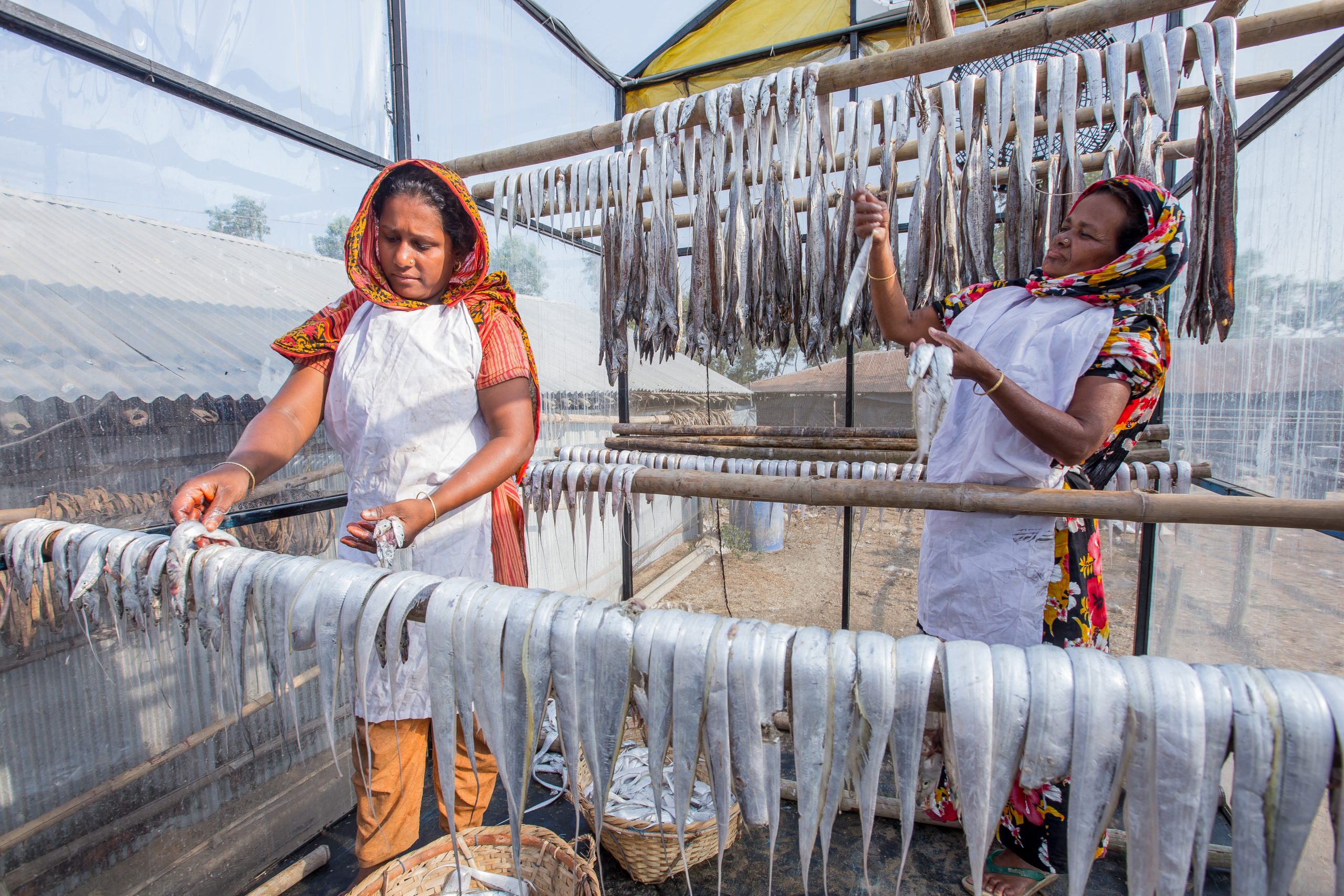The survival of marine and inland fishing communities depends on access to fishing areas, on their collective rights, and adjacent areas for housing fish processing and other community and occupational needs.
Sustainability depends upon effective management of marine and inland fisheries resources. Upon ensuring that overfishing and overcapacity do not degrade the ecological conditions, that they do not harm the breeding stocks of fish. It depends on the collective responsibilities of fishers and fishworkers, regulatory institutions and governments.
ICSF aims to protect and strengthen both collective rights and responsibilities. How? By promoting responsible small-scale fisheries (SSF) through a rights-and-responsibilities framework both in the marine and inland context. By advocating policies that recognize the customary rights and traditional knowledge systems of fishing communities.
With their future dependant on the health of fisheries resources and their distribution, fishers have a great stake in their sustainable management. ICSF programmes help them acquire additional knowledge and skills to adapt their practices to changing conditions. Through training, sound communications and diverse stakeholder involvement—including women, youth, indigenous people marginalized groups—to participate in decision making.
Several ICSF programmes in 2008-2019 analysed, prepared and promoted the implementation of the Voluntary Guidelines for Securing Sustainable Small-Scale Fisheries in the Context of Food Security and Poverty Eradication (SSF Guidelines). Along with the UN Food and Agriculture Organization (FAO) and the government of Thailand, ICSF organized a civil society preparatory workshop in Bangkok. Before 2008 it held major workshops in Asia (Siem Reap, Cambodia), Eastern and Southern Africa (Zanzibar, Tanzania) and Latin America (Punta de Tralca, Chile).
These events are part of an extensive campaign for secure and equitable tenure rights to fishery resources, not just in the waters but across adjacent land and forests. When fishing rights take into account social and cultural conditions, it helps improve programmes for socioeconomic uplift and environmental protection.




